Feminine Wash : Experts Debunk the Myths
So you wanna learn about feminine wash, eh?
Here’s the most essential fact about feminine washes:
Your vagina is a self-cleaning machine.
Of course, obviously there’s more to it than just this, and that’s what we are going to cover today. In this article, I interviewed and spoke to 6 experts about feminine washes. If you have any questions or want to share your experiences, please leave them in the comment box below!
Where do all the feminine hygiene myths come from?
Carin Willis, founder of Bridge for Pelvic Pain, feels that feminine washes are this taboo subject.
As a teenage girl, you overhear your mom and her friends talking about it, and you’re never really educated about it.
Asking a doctor isn’t much better. As an adult woman, when you go to your doctor, you are talked to as if you are a child. You’re told not to use them without much of an explanation of why. It feels condescending. They tell you “don’t douche” but you already did it, so now what? "It’s demoralizing to be treated this way as a woman," said Carin.
A lot of myths are spread by corporations, who stand to benefit from myths. Here is a picture of the advertising that we are exposed to.

According to Carrie Koziol, a sex educator, "Your vagina should smell like......well, a vagina. Not strawberry melon, rose petals, vanilla bean or anything else.”
She tried to find the aisle of men's products to eradicate the "under balls area” smell, but she couldn't.
Tara Langdale-Schmidt, the CEO of VuVa, completely agrees. She told me, "Advertising makes women feel like they need to use a feminine wash, but you really don't need to. If you are having problem with odor, consult your physician to see if you have a bacteria infections or another cause."
Should You Use Feminine Wash?
I interviewed six women's health experts and their answers are below:
1. Steer Clear of Feminine Washes because of Harmful Ingredients
- Parabens
- Phthalates
- Formaldehyde
- Other Fragrances
This is especially true for women who suffer from Lichen Sclerosis, Vulvodynia and other pelvic pain conditions where the vulva tissue is inflamed.
- Tara Langdale-Schmidt, Founder of VuVa

2. The Vagina has its own Ecosystem and a Delicate pH Balance
Clients ask me all the time if they should douche. No. Not ever.
The vagina has its own ecosystem and the delicate pH balance can be disrupted by the chemicals and fragrances that are part of the "smell fresher" products that are peddled at females.
Don't buy (literally) into this lie, Ladies.
- Carrie Koziol, Founder of Chalk Talk Dirty to Me and Pilates by Carrie

3. Never use Chemical Feminine Washes or Soaps
I never advise patients to use chemical feminine washes or soaps in the vaginal area or inside the vaginal canal.
The chemical irritants can:
- increase the risk for infection
- lead to allergic reactions
- cause vaginal dryness
That being said, I have many patients that complain about vaginal dryness or painful intercourse.
For those patients, I encourage the use of all-natural vaginal suppositories or creams to alleviate their symptoms.
I also encourage women to see their gynecologist regularly for pelvic exams and always recommend they see their doctor for symptoms that are not improving.
- Dr. Aarti Mehta MD, Founder of Adne Institute and Founder of Aloo

4. A Healthy Vagina Self-Cleans
The vagina does not need to be washed.
A healthy vagina self-cleans. It is mildly acidic due to the growth of lactobacilli, which are your friends. The acidic environment prevents bad bacteria from overgrowing.
But if you wash the vagina, especially with soapy water or douche, it can flush out the friendly lactobacilli and disturb the vaginal ecology. Bad bacteria take over, bacterial vaginosis (BV) occurs with discharge and fishy odor. Therefore, vaginal washing or douching is bad for women! Hundreds of scientific research papers have proved that.
Washing the external vulva area is OK. You can wash using water or mild soap. Dry it well with a towel after shower. Excessive moisture can promote yeast growth. Avoid wearing tight undergarments. Wear cotton panties to allow the vulva and groin to breathe.
- Dr. Renjie Chang MD, Founder of NeuEve

5. Douches can "mask" what's happening in your Body
Feminine wash and douches really can mess up the vaginal pH.
Douches can "mask" what is happening throughout the weekly hormone level fluctuations.
They can also mask that you are getting a UTI in it's early stages. The smells and discharge can all tell a story that could help your doctor diagnose a woman with an STD too.
- Carin Willis, Founder of Bridge for Pelvic Pain

6. "Is my UTI caused by douching?" A UTI expert explains.
There are many factors that affect your risk of developing a UTI.
Research shows that the most influential factors are genetics and frequency of sex. If your mother dealt with UTIs, you have a high risk of dealing with them too. In other words, the soap you use probably won’t give you a UTI, but it can lead to other vaginal problems.
Behaviors like douching, while not linked to UTIs, do not help and can cause vaginal infections like BV.
The best way to cleanse around your vagina is to use pure water and/or a PH balanced feminine wash like PeeSafe. These washes are formulated to match your healthy vaginal pH.
Never use regular bar soap or body wash you vaginal area because it can affect the pH and lead to itching, dryness, or vaginal infections like BV.
Vaginal infections are not necessarily caused by uncleanliness.
One cause is the pH of the vagina becoming imbalanced due to use of regular soap, which causes the bacteria to get out of whack. It’s important to only use pH balanced washes if you’re going to use anything at all.
Research suggests that probiotics containing Lactobacillus rhamnosus and Lactobacillus reuteri can also be helpful in restoring the balance of vaginal flora and vaginal pH.
- Sara Rose Harcus, CEO of Dmanna

In summary, for your vagina to properly self-clean, it needs to have the right pH and vaginal microbiome
NeuEve is an all-natural, chemical-free alternative to feminine wash and douching:

If you're looking to avoid harmful chemicals, look no further than NeuEve. NeuEve's vaginal suppositories naturally rebalance your pH using essential oils and vitamins. Click here to learn more to see if NeuEve is right for you!

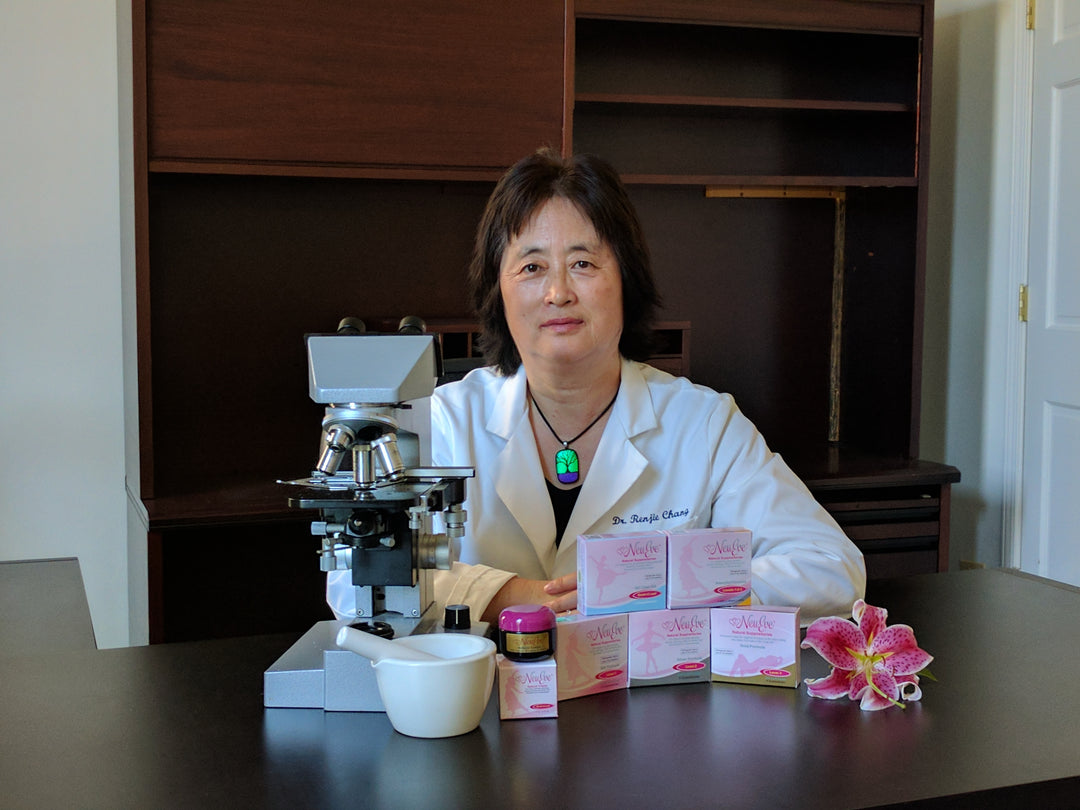
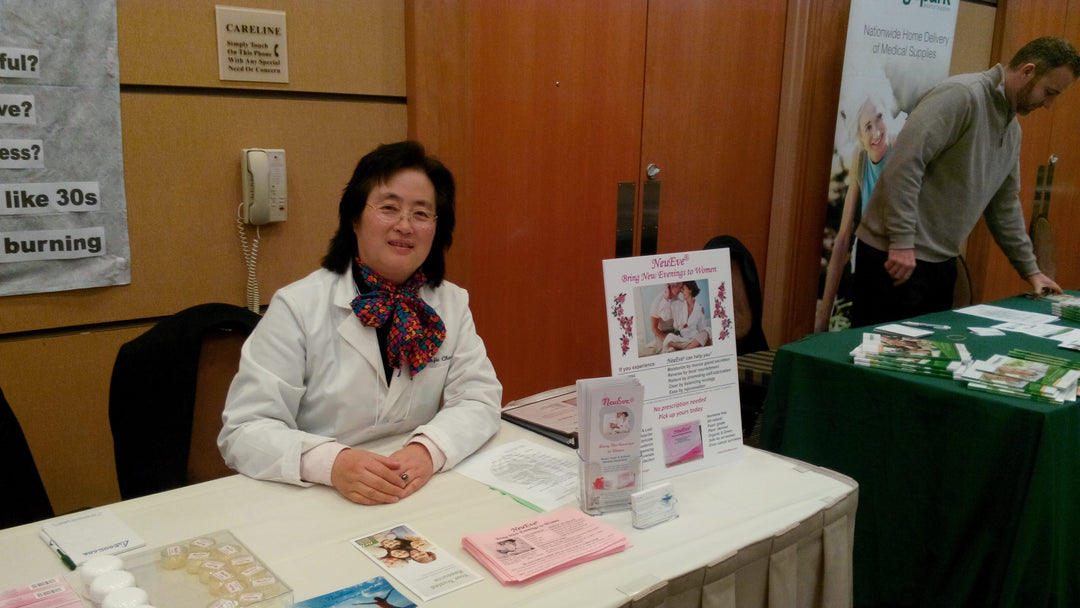
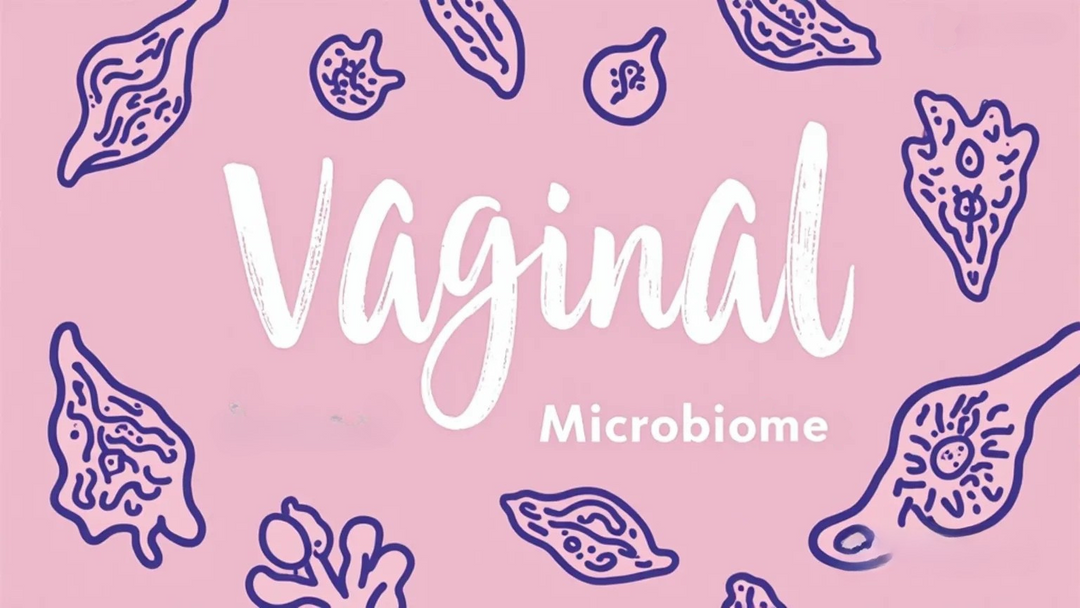
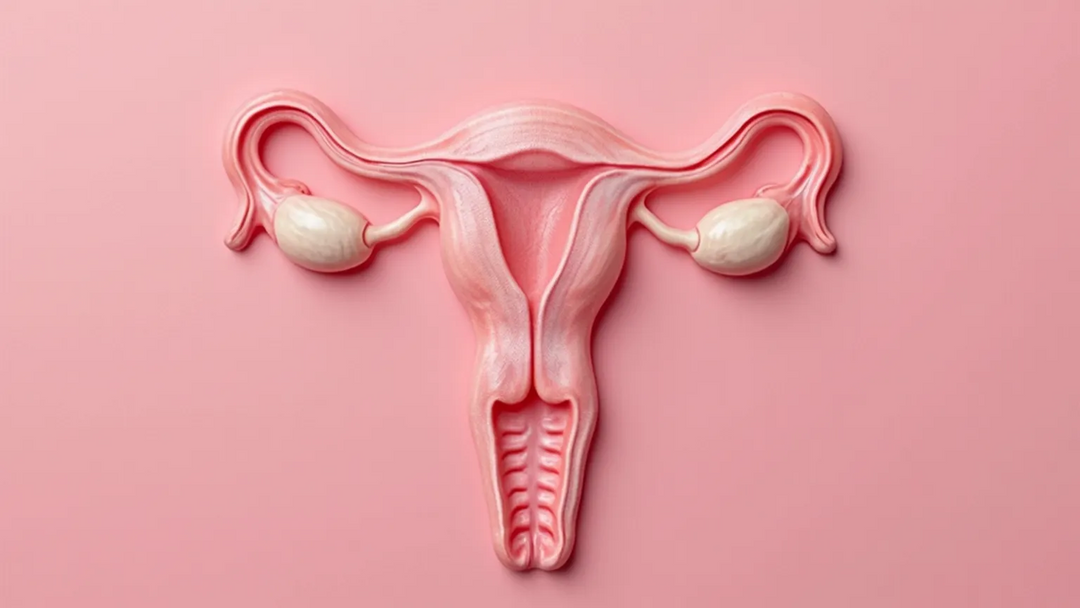
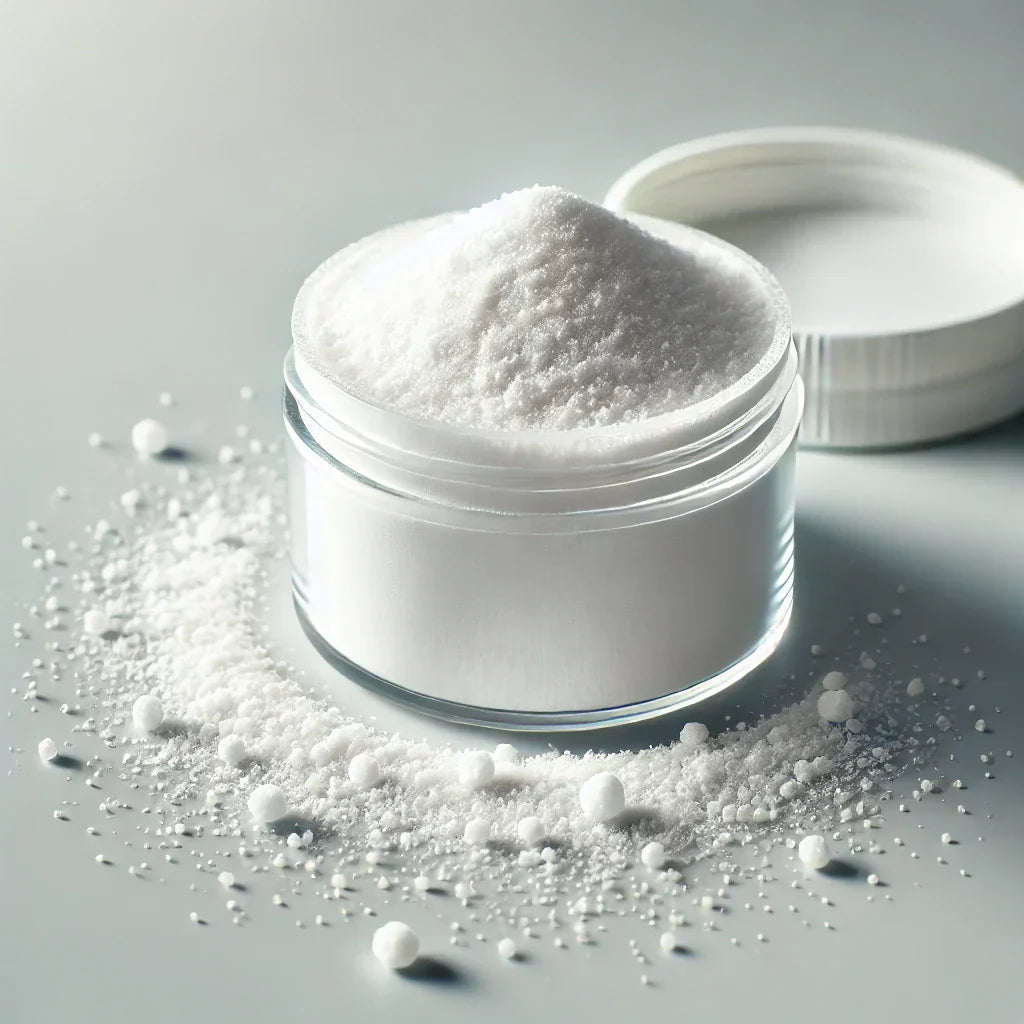


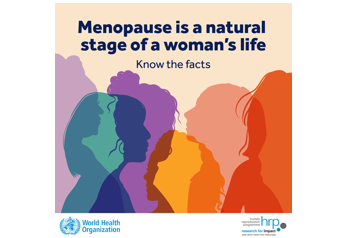
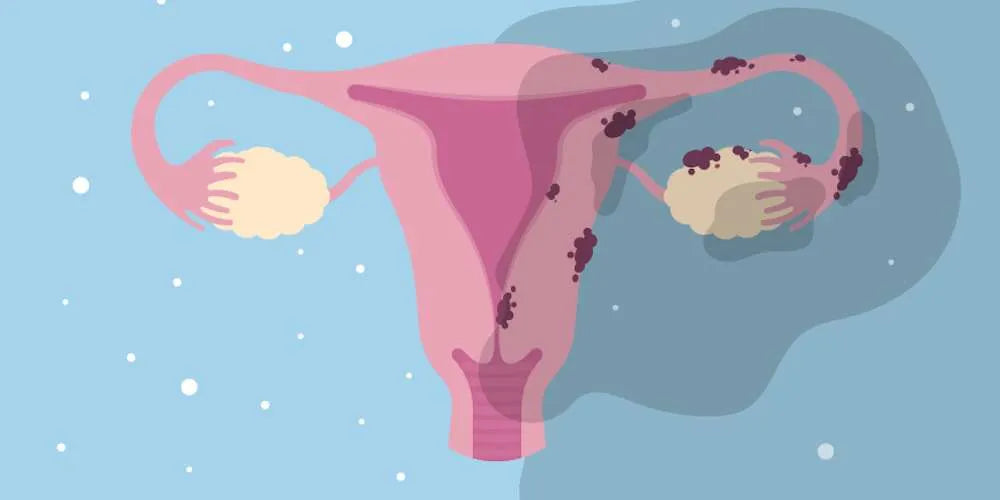
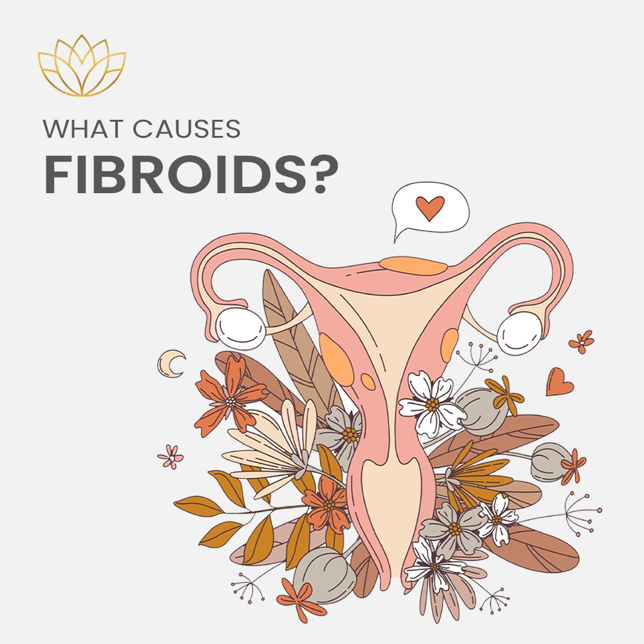
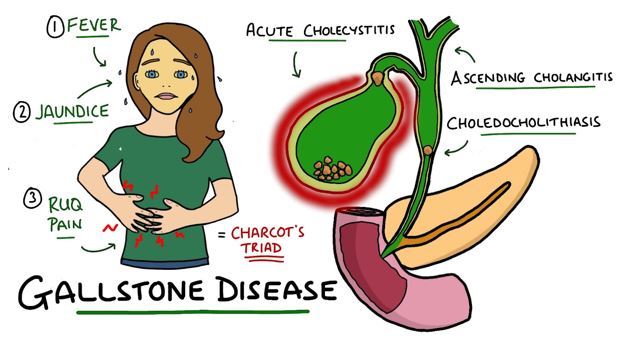


I love your product, I have been using it for about five years or more. Thank you so much for looking out for womens needs. Now that I’m in full menopause at the age of 54, with out your neueve I would be suffering with more bladder infections, and real bad dryness, all that as improved a hole lot better, like almost gone mostly!! And I do not smell at all, it’s all nature now I’m so grateful for people like you who comes up with something that helps us women because we are made very different then men, we are more complex with our harnmones it plays a challenge for us women. I’m so very thank full your product I can get in Canada on Amazon. Kimp 💙💜💜💙
Leave a comment